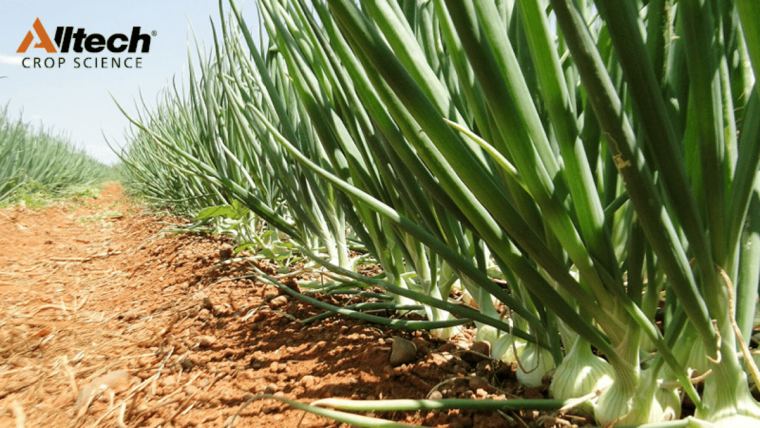Sustainability: A growing perspective

Mike Helle has been growing vegetables and melons for the last 25 years. To stay competitive, he continues to look for new ideas that will help him with crop efficiency. He also looks for practices that will help him be a better steward of the 1,800 acres he farms near Edinburg, Texas.
One of the companies that buys and distributes Helle’s produce is J&D Little Bear Produce. The company, a leading vegetable and melon grower located in the Rio Grande Valley in Texas, is best known for its proprietary HoneySweet® Onion.
Little Bear Produce is also committed to preserving natural resources, including water and the land.
“We subscribe to and have used sustainable production practices before they were called sustainable or popular,” said Jeff Brechler, sales and production manager for Little Bear Produce.
As an example, he said the operation was the first to use drip irrigation and plastic mulching in The Valley. Now, drip irrigation is widely adopted by many local producers, including Helle, to conserve water in an area that is exposed to the weather whims of Mother Nature.
“The Valley went from the worst drought in 2013 to the wettest year in 50 years in 2015,” said Helle.
Three years ago, Helle began incorporating natural biologicals into his operation to help combat the stress.
“They can stimulate a plant’s defenses to make them healthier and help them resist disease and insects,” he said.
As Helle incorporates natural biologicals with conventional chemicals, he has also seen improved crop efficiency. He noted that he didn’t need an extra insecticide application on cabbage acres last year. He also uses an air-assisted electrostatic sprayer that enables him to use 30 percent fewer chemicals per acre.
Improving soil health
Over time, the use of biologicals will help improve soil health, Helle believes.
“After so many years of conventional practices, natural microbes are diminished,” he added.
Cover crops, composting and crop rotation are all part of Little Bear Produce’s efforts to preserve the land. Their crop rotation includes growing grains and black-eyed peas in rotation with fruits and vegetables.
“It’s a natural practice that decreases erosion and naturally puts more fertilizer back into the ground,” added Brechler. “We are always looking to implement practices that lead to ‘better rested’ land.”
The future: Stability and survivability
An earlier Alltech Crop Science blog shared how an increasing number of consumers are factoring the social and environmental impact of food production into their food purchasing decisions. They are also choosing foods for their diet as a means to forestall medical conditions and health issues.
More consumers are becoming aware of how important it is to “eat your colors,” echoed Brechler. He cited an increasing consumer demand for white, purple and green vegetables. In light of this demand, Little Bear Produce increased kale production from 6 acres a week to 25 acres a week.
As producers continue to incorporate sustainability measures to provide consumers with choices, Brechler emphasized that the U.S. fruit and vegetable industry must be able to turn a profit to compete in an increasingly global market. To that end, in addition to improving crop efficiency, Helle is looking into gaining “certified sustainable” status, which can lead to increased premiums for his produce.
“Sustainability also has to provide survivability,” concluded Brechler. “Both of us (Little Bear Produce and Helle) are bringing the second generation into our operations. That’s important to us.”















